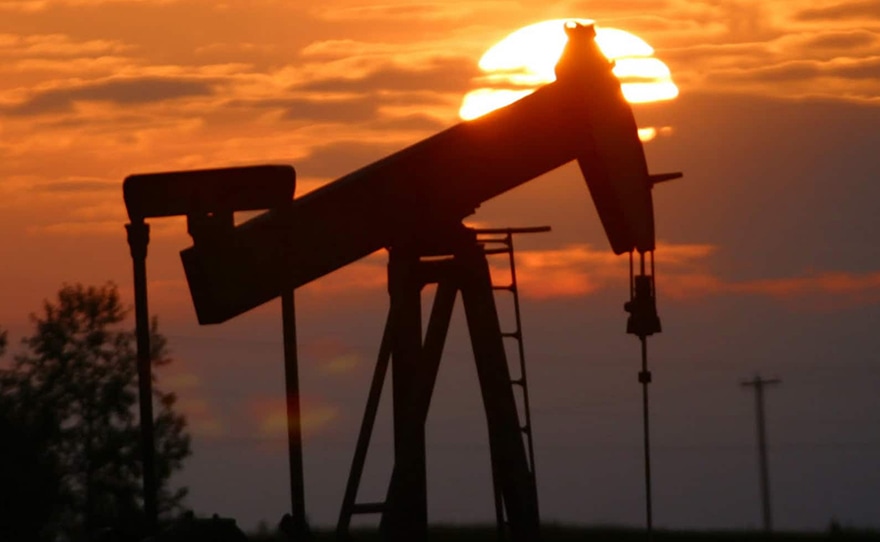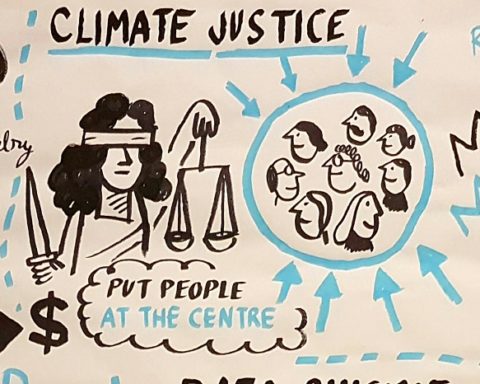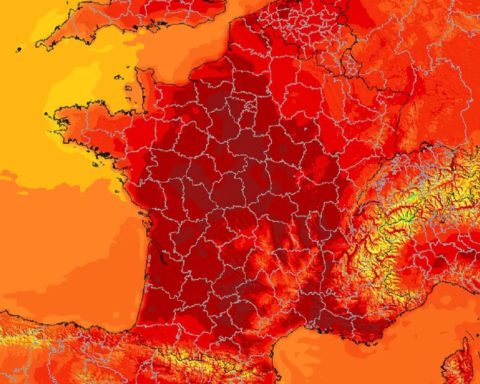Fossil fuel subsidies have doubled
READ UP : Does the new Brazilian president want to destroy the Amazon rainforest?

France, a good pupil under duress

Anything to add? Say it as a comment.

READ UP : Does the new Brazilian president want to destroy the Amazon rainforest?


Anything to add? Say it as a comment.



Already registered? I'm connecting
Register and read three articles for free. Subscribe to our newsletter to keep up to date with the latest news.
→ Register for free to continue reading.

You have received 3 free articles to discover UP'.




